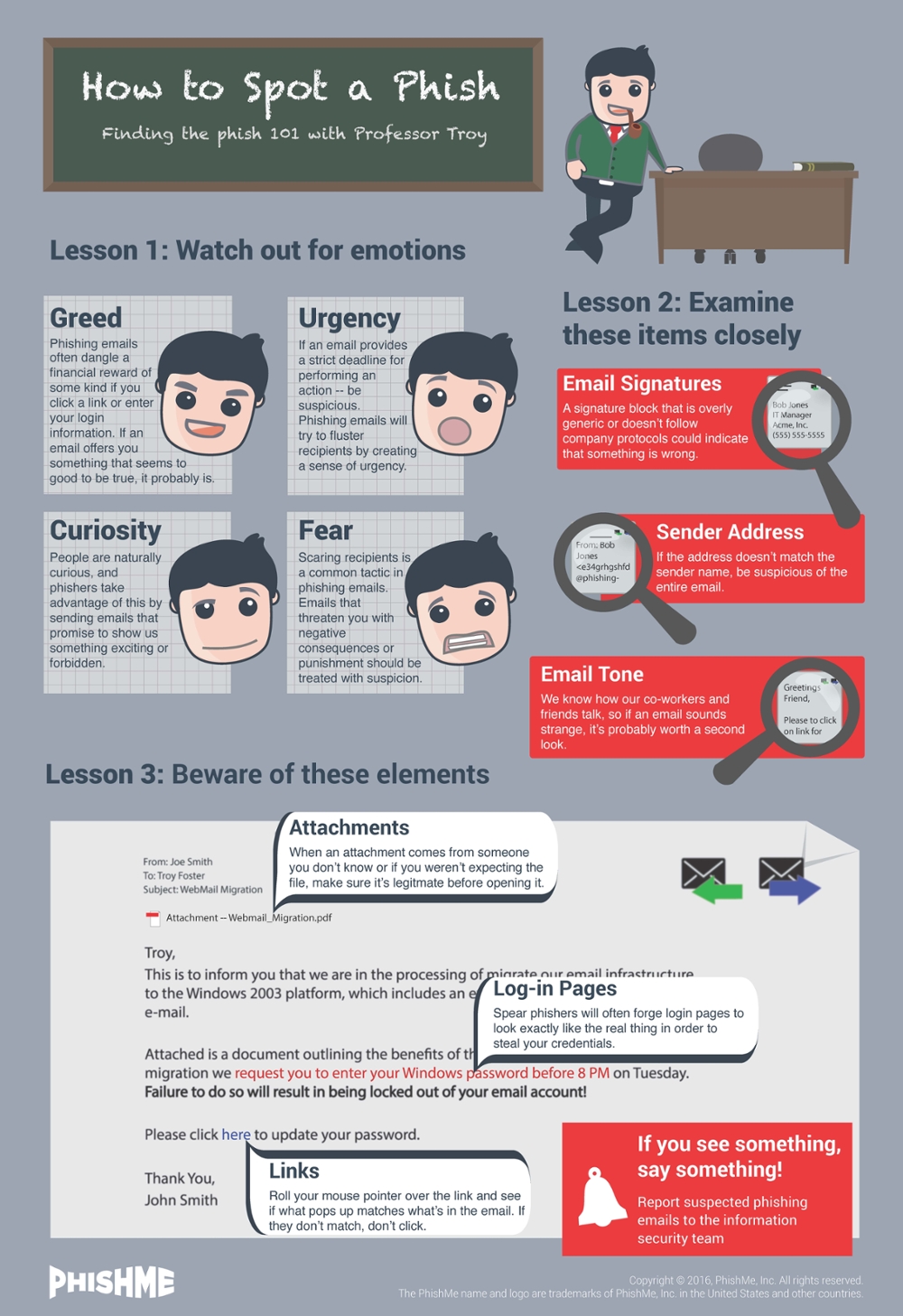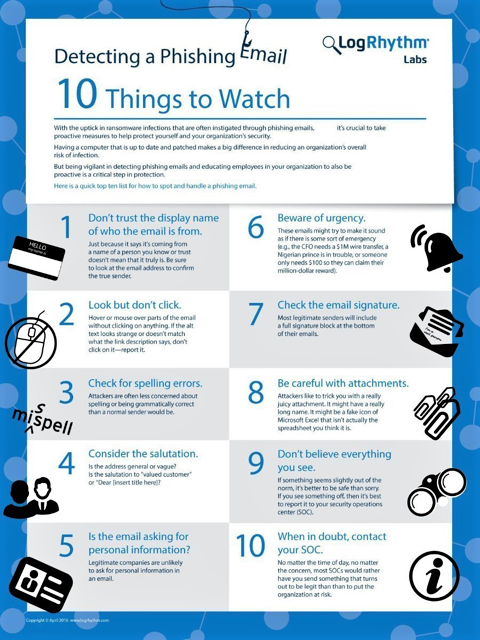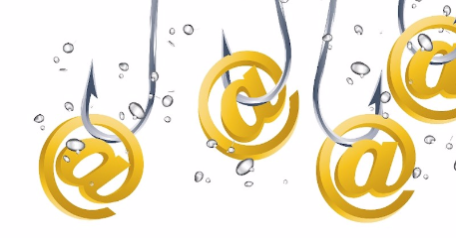Spam and Phishing
Take a look at the latest Phishing attempts targeting CSU via our Phish Tank.
IF IT LOOKS SUSPICIOUS, DELETE THE MESSAGE!!!
What is Phishing?
Phishing scams are attempts by hackers and cybercriminals to steal personal information or hijack computing resources for nefarious purposes.
The most common (and most successful) phishing scams are emails that appear to come from a legitimate source (for instance; Clayton State University, HR, Tech-Support your bank, eBay, PayPal) which contain a link that directs you to equally legitimate-looking web pages.
How to avoid getting phished or otherwise scammed
- Examine the email address of the sender. Most of the time it will be an incorrect name/address of a real organization. E.G.: Micosoft, Gmail, clayton@yahoo.com.
- Examine the link the email tells you to click. If you hover your mouse over the link instead of clicking, most email programs should show the actual address it links to. If it appears to link to a different site from which it claims to be, this is a major red flag.
- If you think there is any chance your password and/or user ID have been compromised, change your password immediately.
How to Spot a Phishing Attempt



